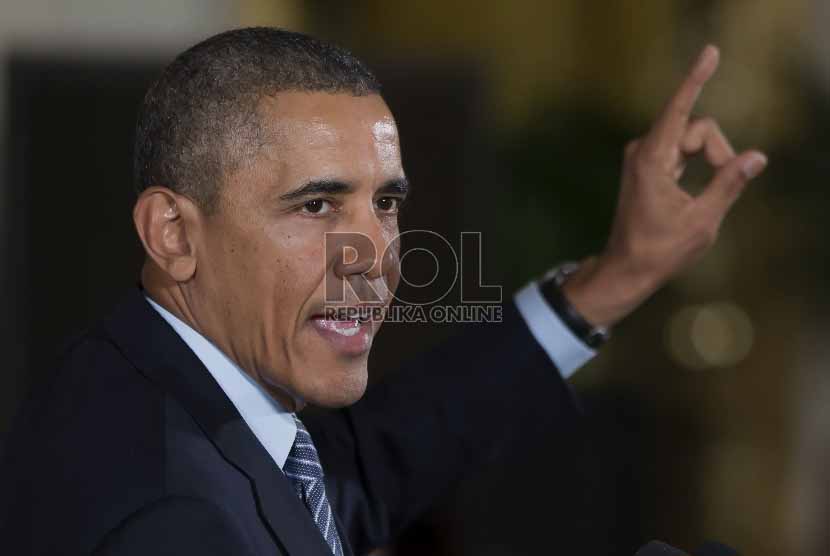REPUBLIKA.CO.ID, HANOI -- US President Barack Obama is set to lay out more of his plan for a stronger alliance with Vietnam on Tuesday, after scrapping an arms ban that was the last big hurdle between two countries drawn together by concern over China's military buildup.
The removal of a vestige of the Vietnam War suggests US worries about Beijing's reclamation of islands in the South China Sea and deployment of advanced radars and missile batteries in the disputed region trumped concerns about Vietnam's human rights record.
Washington had for years said a lifting of the ban would require concrete steps by Vietnam in allowing freedom of speech, worship and assembly and releasing political prisoners.
In a joint news conference on Monday with Vietnamese counterpart Tran Dai Quang, Obama said "modest" human rights improvements had been made and the decision to end the embargo was about the changing dynamic in ties and "not based on China".
Obama is to meet civil society representatives on Tuesday, among them dissidents, who may disagree with his arms ban decision. Some Vietnamese activists have expressed disappointment that Obama may have given away leverage with the communist leadership.
A US official, speaking on condition of anonymity, said there was evidence engagement had worked in nudging Vietnam to make concessions, like its "unprecedented" commitment to set up independent labour unions under a US-inspired Trans-Pacific Partnership (TPP) trade deal.
In a statement late on Monday, Communist Party chief Nguyen Phu Trong spoke of the importance of building relations of mutual respect while "not interfering in each other's internal affairs".


